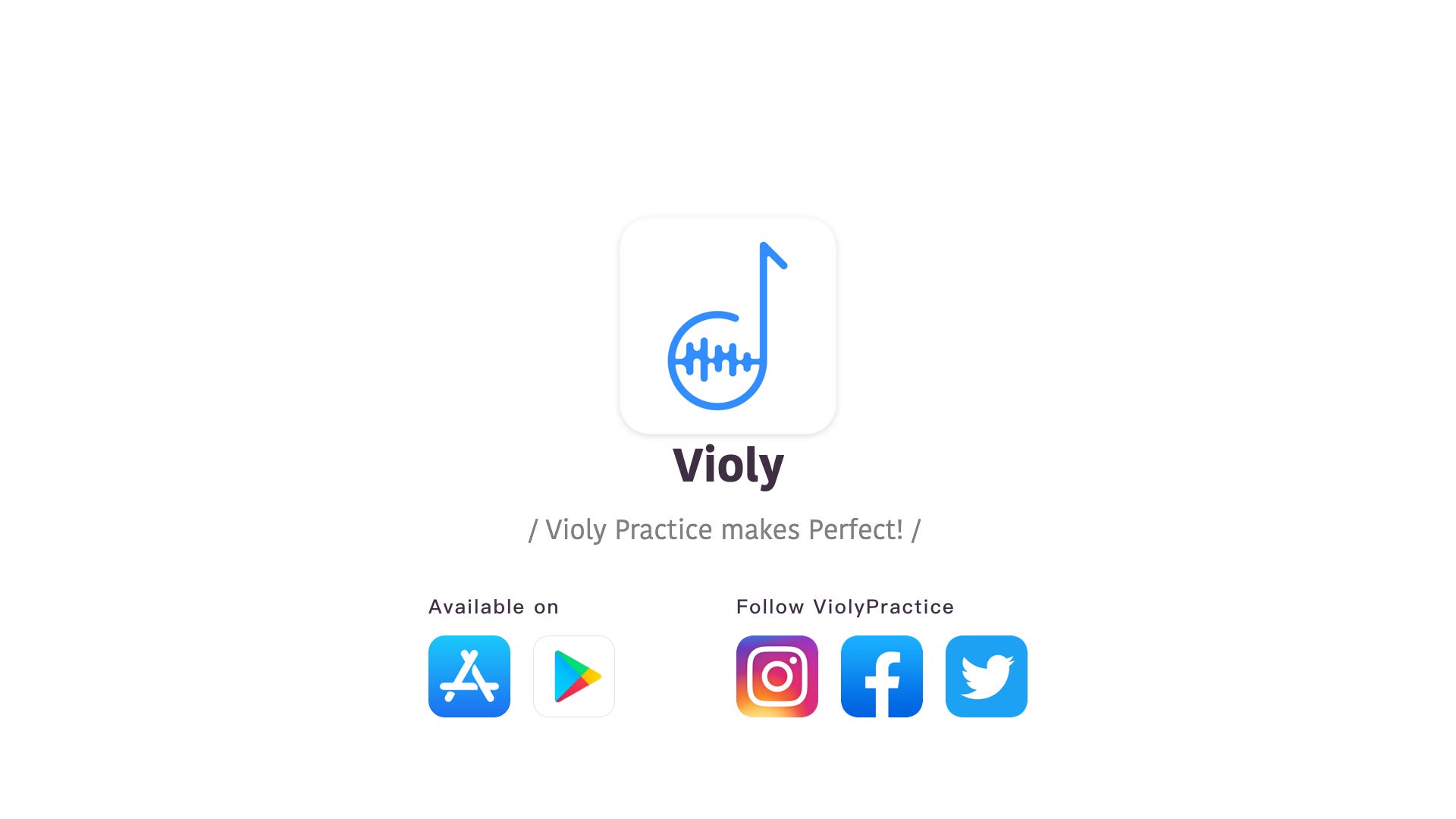Music Learning and Career Choice
In these two classes, Professor Wing Ho will share his views on topics that are of great concern to music teachers and parents — — the path of music learning from preschool to university.
Music Learning in the Preschool Period
During the preschool period, many children will take special interest classes, such as dance, ballet, singing, instrument playing, calligraphy, abacus learning, and so on. The classes are helpful for the children to develop intelligence and improve coordination skills. The parents are also interested in these classes.
My mother told me that we should learn something when we are young, and be good at it then. Since I grew up in the conservatory of music, it was natural for me to decide to learn music. Besides, I was surrounded by music teachers and masters, so my road to music was quite smooth.
In Asia, a great number of parents force their children to learn music, because they hope that their music dream can be realized by the children. Therefore, the children may suffer from the learning process. Few music masters are forced to become excellent. Most of them have a strong interest in music, and have developed the interest since childhood.
Some parents intend to make their children geniuses. In fact, gifted children will show their talent for music very early. For example, some children have absolute pitch. When they hear a note being played on the piano, they are able to tell what the pitch is right away. Some children adapt well to instruments. They can pick up a new instrument quickly, or memorize a certain passage right away after listening to it.
Musical talent can be inherent, but it can also be acquired if the learner is immersed in a musical environment. Besides, some learners are born with good memory and good hearing, which are helpful for them to have musical talent.
The Benefits of Learning Music
Music Therapy
A friend of my wife has a child who suffers from depression. The child’s academic performance is affected by the disease. But his health condition got improved gradually after learning music for some time. Therefore, music can be good for the treatment of some diseases.
Concentration
When a child is playing a piece, no matter for how long he or she is playing, it cannot be easy for the child to focus on it, or even memorize the piece.
Everyone has an attention span. When we are in our childhood, our attention span is short. With continuous training, it will become longer. Music learning is helpful for us to develop a longer attention span.
Unconventional Thinking
Music learners tend to think unconventionally. Also, music learning helps us form a habit of multitasking.
Auditory Memory
Auditory memory plays an important role in the process of learning. The content we are able to remember after attending a class affects our learning effect. Learning to play music helps us improve our auditory memory.
Imitation Skills
When we are learning music, we pay much attention to the training of imitation skills. After listening to a piece, it is important for us to imitate and play it. The ability to imitate can be improved during the process of learning music.
The Ability to Transform
Music teachers always emphasize that students need to transform music into words or images, or turn words into music. When we are playing a piece, we need to visualize what we play, so the ability to transform is important.
Width of Hearing and The Ability to Filter Auditory Information
Sometimes we need to ignore some auditory information. For example, if we are practicing in a noisy environment, we are supposed to hear what we are playing all the time.
Before the exam, there are likely to be many people waiting in a classroom. In such an environment, music learners should be able to concentrate on what they are doing, and filter the unnecessary auditory information.
To sum up, not only does learning music help us improve our concentration, but it also does good to our reflexes and hearing. Besides, it is helpful for learning other knowledge. All music learners can benefit from the experience in multiple aspects.
Things Need to Be done before Starting to Learn Music
In my opinion, we can just let nature take its course.
Music Literacy Classes for Children
Music literacy classes can be comprehensive that they may contain the training of singing the melody, recognizing the pitches and rhythms, coordinating, imitating, and so on. Children are likely to learn the related skills during the classes.
Attending Concerts
Attending concerts frequently can be helpful to children as well.
Being Enlightened by Masters or Experienced Teachers
Most foreign masters and excellent Chinese performers are experienced, so it is very important for young learners to be enlightened by these highly skilled teachers.
If we do not learn from qualified teachers, we are likely to spend more time on correcting mistakes. Young learners should try to avoid the problem. It is better for them to learn from professional and experienced teachers.
The Best Time to Start to Learn Music
Children can start to learn the string instruments from ages 3 to 5. Girls can start earlier than boys do, since girls’ language skills and coordination skills are likely to be developed earlier.
Most of my students and I myself started to learn music from a young age. But since I grew up in a complex time, I did not learn music formally until I was in my teens.
Actually, it is more important for children to follow their interests. Parents do not need to force their children to start from a young age. They can wait until their children’s intelligence has been developed in some way. For young children, especially boys, it is not good to start music learning too early.
A friend of mine forced his child to begin music learning when the child was very young. Then, when the child grew up, he began to hate the instrument he learned. Therefore, it is essential to select the best time to start music learning.
Music Course
Here I would like to introduce 5 kinds of music Course. All music learners including those undergraduates and postgraduates who major in music need to take these classes.
Solfege
It is better for music learners to start to learn solfege as early as possible.
Basic Music Theory
Students should start to learn music theory as soon as they enter their very first music lesson. During the process of learning music, the learners are supposed to gradually internalize the knowledge of music theory. If the students intend to major in music then, they need to find professional teachers to instruct them. The classes of basic music theory contain a variety of content.
Rhythm Training
Body Movement Training
Body movement training is always neglected by players of classical music. Compared to teachers of Chinese folk music who tend to add many body movements in teaching and playing, teachers of classical music do not pay much attention to body movement training.
Although some students are already playing advanced-level pieces, they still have some unnecessary body movements, or twist their bodies. Some students’ bodies even stiffen up.
In other countries, there are courses designed for body movement training. In China, we have not developed systematic courses for it. Teachers are supposed to know more about body movement training.
Instrument Performance
What Is the Best Instrument for Children to Learn?
No matter which instrument the children choose to learn, they can start from the piano. Learning the piano for 2 or 3 years before selecting another instrument can be the optimal choice for the children. When they are learning the piano, they can find some simple pieces to play.
In fact, older musicians in China who established the conservatories of music tended to play multiple instruments. Those older teachers, including the foreign experts who visited Central Conservatory of Music to give lectures, were all able to play the piano, or accompany other players on the piano.
Besides, many older experts could speak multiple languages and Chinese dialects, such as Cantonese, Shanghai dialect, Hokkien, and so on. They were likely to shift from one place to another place frequently when they were young, so their languages were affected. Teachers now may not be able to master different languages and dialects like the older experts did.
In my opinion, starting from the piano is the best choice for the children who decide to learn musical instruments. It can be helpful for the learners to lay a foundation by learning the piano first. Whether the children switch to another instrument or continue to play the piano then, they can benefit from the experience.
Things Parents Must Know
Once the learners start to learn instruments and decide to be professional, their parents need to get prepared to help their children’s daily practice for 10 to 15 years.
Not only should the parents find a professional instructor for their children, but they also need to have an economic strength to afford the children’s instruments, fees for music lessons and competitions, and other costs.
Also, even though some parents spend amounts of money during the process, their children may not ultimately succeed. Parents should get prepared mentally for the possibility.
What Kinds of Music Teachers Should We Look for?
In my opinion, we are supposed to look for the music teachers as follows:
Instructors who teach in or have retired from conservatories of music
These teachers can provide professional guidance for the students.Experienced and active teachers who frequently participate in events held by music associations
These teachers can provide abundant information related to music learning.Orchestra musicians
Since most of these musicians joined orchestras directly after graduating from the school, they are also very professional and experienced in teaching.
Misunderstandings Need to Be Avoided
Some parents think that they can find an unprofessional teacher for their children first, and switch to a professional one later. In fact, parents should avoid this misunderstanding since ##learning from an unprofessional teacher can do harm to the children.##
Not only should a good teacher possess abundant professional knowledge and teaching experience, but he or she also needs to have some psychological knowledge, and know how to communicate with students.
It is important for the teachers to know how to teach students in accordance with the students’ aptitudes. If the teachers fail to do this, some of their students are likely to give up halfway.
Besides, some teachers may be experienced but very strict. Some of the students cannot stand the strictness.
Personally, I think it is unfair to be too strict to the students and treat all the students in the same way. Teachers are supposed to master multiple teaching methods, and treat different students in different ways.
How Many Hours a Day Should We Practice?
If we practice in an effective and efficient way, time duration is not that important. But we should practice the instruments for at least half an hour or an hour per day.
For the students who decide to be professional, they need to practice for a long time every day. We cannot master the classical music with only short-term training.
Some students think that if they practice for more than 10 hours per day, and keep practicing in this way for half a year, they will be admitted by a good school. It is not true. We have to spend some time on playing classical music to understand it deeply, and let the fingers get used to the instruments we play.
Intensive short-term training is not enough for the learners. The accumulation of time is important.
Therefore, keeping practicing is the most efficient way.
Music Grading Tests, Competitions, and Performances? How Do These Events Facilitate the Practice?
Every conservatory of music has its own system of grading tests. It is meaningful for the children to enter grading tests to improve their motivation.
But from a professional perspective, grading tests are quite meaningless, since the content in those textbooks for grading tests does not meet the requirements of professional training.
Participating in competitions can be helpful in some way. But if the students take part in too many competitions, their normal learning schedule can be affected. Since there may be only a few pieces for the students to practice to prepare for the competitions, the learners are likely to play these pieces for several years, and have no time to practice new works.
However, there are also some students who have taken part in various competitions, and gained comprehensive skills.
Generally speaking, participating in competitions can benefit the students, but entering too many competitions can have a negative impact on the students’ normal learning schedule.
From my point of view, entering performances can be very helpful to the students since they are likely to set a goal of practice after the performances.
Teachers can hold a concert each year, which can help the students set goals, and facilitate their practice.
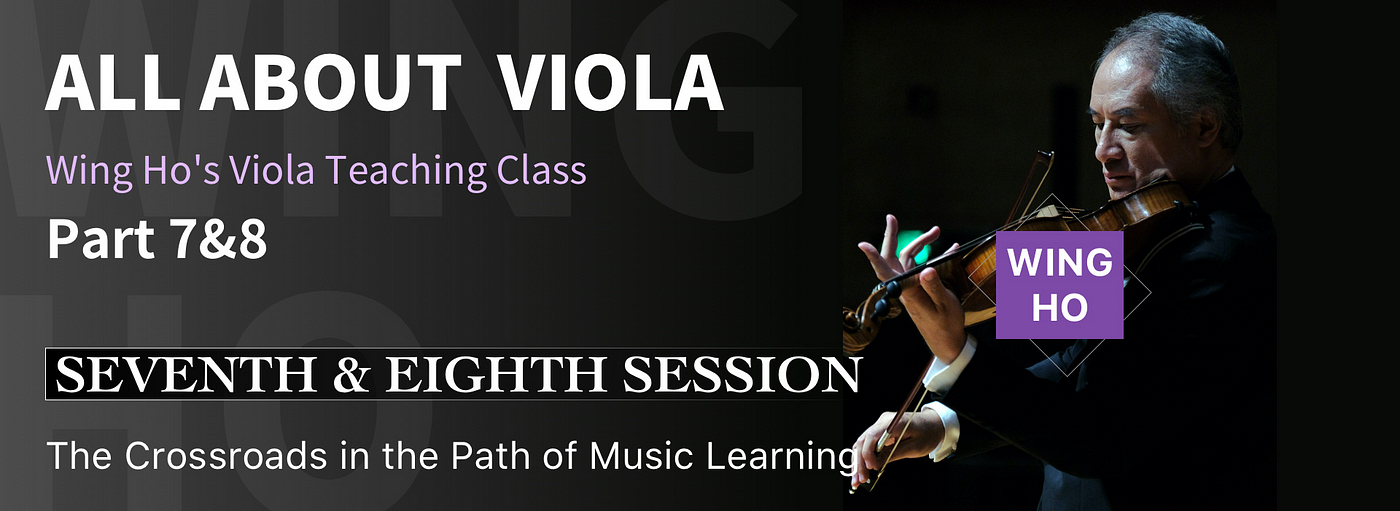
Middle Schools Affiliated to Conservatories of Music VS Ordinary Middle Schools
Students can enter conservatories of music for further study when they are in the fourth or fifth grade.
They can choose to enter the middle schools affiliated to conservatories of music, or go to ordinary middle schools and continue the music learning.
In my view, I recommend students to enter ordinary middle schools, and continue to learn music at the same time.
Most western schools do not encourage students to choose the music pre-major, since it may limit the students’ thinking in some way, and affect the acquisition of other knowledge.
What Should We Know If We Decide to Choose Schools Affiliated to Conservatories of Music?
Students in middle schools affiliated to music conservatories need to practice basic skills. They take the music classes I introduced above, including solfeges, basic music theory, rhythm training, body movement training, and instrument performance.
Students who are able to enter the affiliated middle schools are all high-level ones. Compared to those in 1970s, the students at present are much more excellent.
Sometimes a common phenomenon appears during the exams: the students only focus on the speed of playing, and the levels of the pieces they play. As a result, the students are likely to choose a much more difficult piece, and fail to perform it well.
The Level of the Students Who Graduated from Affiliated Middle Schools
Most students who have graduated from the affiliated middle schools and will enter conservatories of music are able to master almost all the techniques, sight-read music, and know well about most of the important pieces. This is the level of the students in the affiliated middle schools. Unlike these students, other learners tend to play certain pieces for years to prepare for the entrance exam.
Once I met some students in the chamber orchestras in affiliated middle schools. These students were able to master the pieces prepared for the exam, but could not even play the simplest work prepared for the orchestras. Generally speaking, apart from the certain pieces being played for a long time, these students are weak in other aspects.
The Content of Solfege Entrance Exams
As for the solfege entrance exams held in affiliated primary schools, the content contains reciting a song, tests of comprehensive quality of music culture, and Q&A sessions for both the candidates and their parents.
As for the solfege entrance exams held in affiliated middle schools, the content includes intervals, chords, inversion, rhythm, imitation of melody, and sight-singing the new sheet music.
The skills mentioned above cannot be mastered in a short time. For those students who intend to enter the affiliated middle schools, they need to learn solfege for at least 2 years before taking the entrance exams.
Starting the training of music theory and solfege as soon as possible is significant to the learners who decide to take a professional path.
The Second Choice: The College Entrance Examination for Music Students
There are 2 choices for the students who intend to take the college entrance exam, the postgraduate exam, or the doctoral qualifying exam: to study in our country, or to study abroad.
In other countries, if you can play well, the education background is not necessary when you are applying for positions in orchestras, or jobs related to music performing. Apart from these jobs, other occupations such as teaching require degrees in music.
In Japan, South Korea, Singapore, and some other countries, you need to hold a doctor’s degree to teach in the college. In our country, some students can choose to teach in their own colleges after getting bachelor’s or master’s degrees. But over the past few years, the educational requirements have been raising in our country. Some domestic universities have already started to require the teachers to hold doctor’s degrees.
Music Diplomas
The college prep diploma: Many conservatories of music such as The Juilliard School have college-preparatory schools. The college-preparatory schools are like the middle schools affiliated to conservatories of music. But the students in these schools tend to take classes on weekends.
The performance certificate: Performance certificates cannot be used as degree certificates. Some students may have no time for college, so they choose to study part time in conservatories of music for half a year or one year. During the process, they only attend major courses and some activities on campus. When they finish their studying, they can have a performance certificate.
The bachelor’s degree
The master’s degree
The post master’s degree: Since there are too many postgraduates, and it can be difficult for them to find jobs right away after graduation, the post master’s degree was created in other countries. To get this degree, the postgraduates need to stay at the university for an extra year after graduation. During this period, the students can take some classes or do some on-campus jobs. Some universities can provide some opportunities for these students, such as positions in the school orchestras.
The performance diploma: This diploma is higher than the bachelor’s and the master’s degree. It is not easy to get.
The Doctor of Musical Arts (DMA)
Apart from the degrees mentioned above, there is another special degree only awarded by Yale University.
To get this special degree, the students need to be admitted into a program called “Gifted Children”. Those highly-skilled players can choose to attend this program.
The content of this program is like that of Master of Music programs. But the students who attend the “Gifted Children” program need to study for 3 years, while Master of Music programs require 2 years.
The students who attend the “Gifted Children” program will be awarded a certificate when they finish studying. With this certificate, the students can get a master’s degree offered by Yale University after having a bachelor’s degree.
Several Chinese players including the famous cellist Jian Wang have attended this program.
If the learners decide to study abroad, they need to be careful and make sure that the universities they attend are authorized.
Some universities may claim that they do not require language proficiency tests when enrolling students. But after a few years’ studying, the enrolled students may not get their degrees since their language proficiency does not meet the requirements. Therefore, it is a hoax.
Here is the normal process for the students: entering the college, getting the bachelor’s degree, being awarded the master’s degree, and then pursuing a PhD. Taking a shortcut can cause the waste of time and money, and we cannot have degrees if we do so.
How to Choose Teachers and Universities?
We can search for some information online before going to the college, and know about the teachers in the university in advance.
If it is possible, when we are in the middle school, we can participate in some international summer camps attended by the university teachers we like. After taking several classes offered by the teachers, we can recognize whether the teachers are suitable for us or not.
Besides, it is helpful for us to be introduced to the college teachers by our peers or instrument teachers.
When we are selecting universities, we should consider the type, the reputation, the geographical location, and other elements of the schools.
How to Enter the Domestic Conservatories of Music?
The students who intend to go to the domestic conservatories of music need to start their music learning at a young age, and master the techniques in some way. Also, the scores of their academic subjects should meet the standards of the schools. What’s more, they should know well about music theory, and consider the possibility of being admitted to the certain schools.
The students should be familiar with music theory and solfege, and get prepared in advance. In the meanwhile, they can select multiple schools for the sake of increasing the chances of admission.
In China, the college entrance exam for art students is held in January or February each year. The time is usually behind that of Chinese New Year. The students should pay attention to the particular time.
It is better if the students select more than 1 school. Also, the time of the entrance exams of different schools can be various. The students need to set their schedule in advance.
After the preliminary exams and the secondary exams, the students who are not eliminated will be put on the waiting list. If there are students who have failed their exams of music theory or academic subjects, they will also be eliminated.
After the National College Entrance Exam held in June, the conservatories of music will send admission notices to the students. The whole process is not complicated, but the students should not neglect the academic subjects since the scores of these subjects occupy certain proportions in the aggregate score. Therefore, it is not easy for the students to study both the academic subjects and their specialties at the same time. Due to the Covid-19, the music students who entered the college entrance exams in 2020 have gone through an even harder time.
Things about Studying Abroad
Many students pay much attention to the things about studying abroad. In the recent few years, there have been some misunderstandings and changes related to studying abroad. But those who intend to study arts may not be affected.
The Essential Conditions for Studying Abroad
Economic conditions:
Even without scholarship, the students’ families should be able to sponsor them through college.Passing the language proficiency test.
Strong self-control
Learning ability
Communication skills
The aspects mentioned above are all important.
Personally, I tend to encourage my students to study abroad, but I never get involved in their college application process. The procedures, such as searching for the information about the college, translating the application materials, and other related things, are all handled by themselves.
When my students finish translating the materials, they can ask me to check the translation. If the students cannot translate the required materials on their own, they are not suitable for studying abroad.
The thing the teacher can do is writing reference letters for the students. If the students have told the teacher that they would like to study with a certain university instructor, the teacher can act as a referee, and help the students contact the university instructor.
As long as the students can complete the whole application process by themselves, they can decide to study abroad. Or they are supposed not to make the decision.
How to Enter the Foreign Conservatories of Music or Comprehensive Universities?
Generally speaking, the students are supposed to select multiple universities. They can focus on the instructors or the colleges.
The students must prepare some pieces for the entrance exams. Different schools may require different pieces, but in general, there will not be any big differences. Some well-known universities may require the candidates to play an extra modern work, or 1 more scale or etude. Therefore, the students should carefully select the pieces for the exams.
Write letters to contact the schools and the university instructors. The contact information of the instructors can be found on the official websites of the universities. Also, the students can get to know the contact information from their peers or instrument teachers.
Attend the language proficiency tests. The students who apply for universities in the US need to take TOEFL. Those who apply for universities in Commonwealth countries need to take IELTS. If the students intend to apply for universities in Germany, they need to take TestDaF. Different countries have different language tests and requirements, so the students need to make it clear.
The Application Process
Since I am familiar with the colleges in the US, I will take US universities for an example. The deadline for the applications to US universities is normally before December 1st.
The materials needed for the application:
Recordings of the playing of the pieces required on the schools’ official websites
3 reference letters
TOEFL score
Transcript (sometimes a certificate issued by the current school is also needed)
Usually, the application results will be announced at the end of March. The universities will give priority to the highly-skilled students who have uploaded the materials completely. Also, the colleges will notify the students of the amount of scholarship. If there are still some places which can be offered to the students, the schools will choose the applicants among those highly-skilled ones with incomplete materials.
The general timeline:
Submit the materials before December 1st.
Apply for the passport and visa before the end of January.
The materials needed for the application of passport and visa change every year, so the applicants need to search in advance for the certain requirements on the official website of the embassy. Also, the applicants can entrust the visa application to the travel agencies, which can be more convenient and do not cost much.
- Take the interview in February.
The students should arrange the accommodation and transportation in advance.
- Accept the offers at the end of March or in April.
The timeline above is only for reference. There are much more details contained in the whole process. If the students do intend to study abroad, they should get prepared and be familiar with every detail.
Also, the students should always pay attention to the latest policies. Plans never keep up with changes. Opportunities are only for those who get prepared.
Currently, things we can do are managing ourselves, enriching ourselves, and planning ahead.
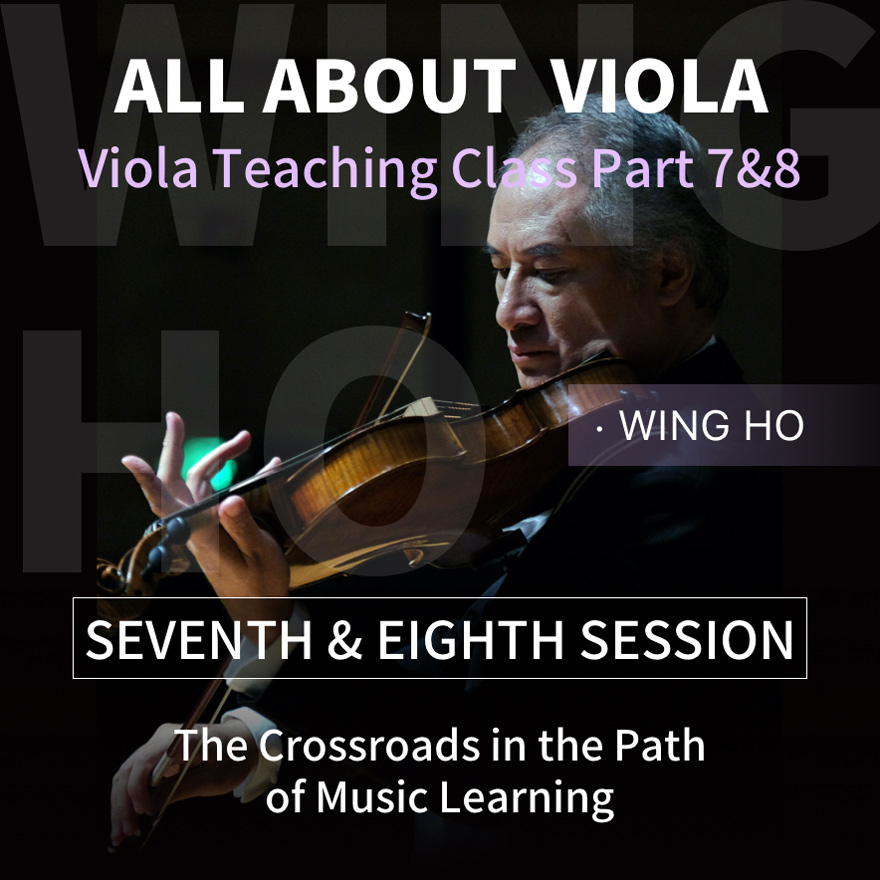
Music Careers
Apart from performing in orchestras and teaching, what else can students majoring in music do after graduation? This issue concerns many people, especially the college students who are confused and indecisive. Only when many students enter their final year in the university, will they have a sense of crisis. But it will be too late then.
The Importance of Practicing Orchestral Excerpts in Advance
Some students in the European and US universities start to practice orchestral excerpts as soon as they enter the college. Some of them even start in high school. They know that for music students, the job which is easiest to find is playing in an orchestra.
Also, it is unrealistic for those who have never played orchestral excerpts to teach. A music teacher should have various experience. For students who intend to be orchestra musicians, being trained to play orchestral excerpts is significant.
In other countries, college students majoring in music are trained to play orchestral excerpts very early. But in China, the students tend to skip the orchestra classes.
In my opinion, the universities need to rethink the quality and practicality of the orchestra classes. Also, the teachers need to encourage and guide the students. Overall, at present, we do not pay attention to orchestra classes.
My university tutors paid much attention to my practicing related to orchestra and ensemble playing, and gave me many suggestions.
I suggest the students to buy the sheet music of their parts, and write down all the important information on it.
My tutors told me: “You need to pay much attention to the training and always get prepared. When you are playing with the orchestra, you can appreciate the playing of other instruments, which can be a joy. Also, you are likely to be the principal viola in the orchestra after graduation. As a section leader, you need to set all the fingerings and bowings for the whole section before the rehearsal. Therefore, you need to learn carefully, and what you learn today can be used in the future.”
My first job was playing as the principal viola in an orchestra. When I just graduated, I found that there were 2 positions available in the orchestra. One is the principal viola, the other one is the viola section member.
Since I had not played as the principal viola in the school orchestra before, I applied for the position of viola section member. At the moment, many people applied for the 2 positions. After the first round of the exam, the conductor told me to practice the orchestral excerpts, and take the second round of the exam 10 days later. After the second round, I was hired right away.
Therefore, the students should be trained to play orchestral excerpts as soon as possible, especially the college students. It is too late to start to practice the excerpts just before the graduation. Some students tend to turn to their teachers for help just before participating the exam held by the orchestra. It is not wise at all.
Orchestra classes aim to broaden the students’ horizon and open their mind. The music industry in China has great potential for development. Young people can make contributions to the development, and enrich the future life.
Hot Jobs Related to Music
Orchestra musician: This is the most direct choice. Those who intend to play in orchestras are supposed to participate in more orchestra rehearsals when they are still in college, and practice the challenging orchestral excerpts as soon as possible.
Music lawyer: A music lawyer need to deal with things related to copyright, music production, music contracts, and record labels.
Music educator: Music teachers who have backgrounds in music learning are needed in kindergartens, primary schools, secondary schools, universities, communities, and churches.
Arranger: A large number of arrangements are needed in kindergartens, primary schools, and secondary schools.
Music critic: A music critic should dare to say, and say something to the point. For music performers, a good music critic can be a good inspector as well. Here I would like to recommend a book called The Spring Breeze Brings People to Life.
Music editor
Editor for music books and magazines: This position is needed in publishing houses.
Instrument tuner and repairer
Instrument salesperson
Music librarian
Art management staff: Since the number of theaters increases, more art management staff are needed.
Recordist
Music therapist: Music therapists’ work involves multiple aspects, for example, the psychological nursing specially for musicians and other patients.
Music translator and interpreter: A music translator and interpreter needs to deal with the language problems that appear in foreign music masters’ classes and lectures, and translate foreign music books.
Agent: An agent needs to deal with theaters, orchestras, performers, and other parties. Apart from the business, an agent also needs to arrange the schedule of events for the performers.
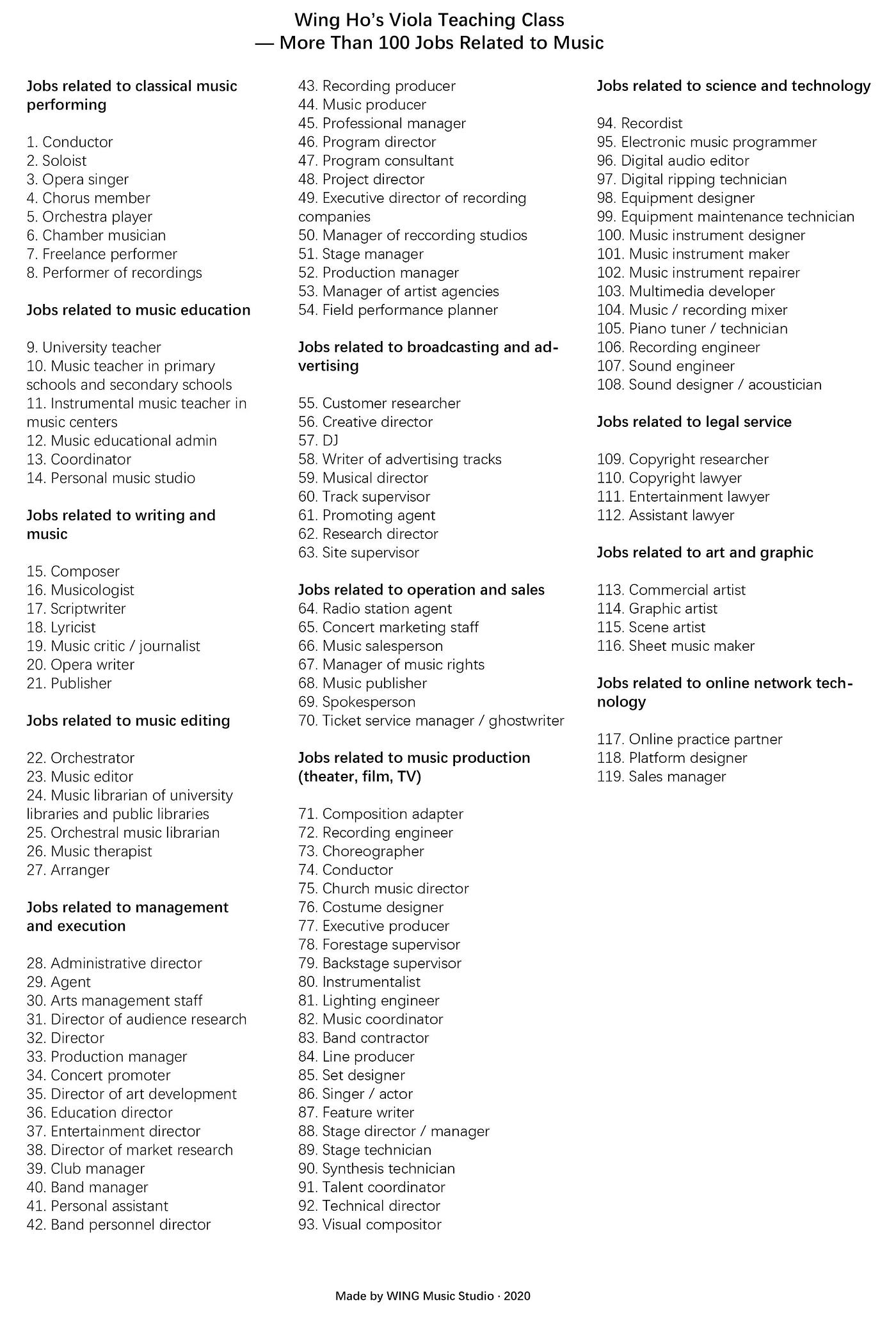
Job Search Channels
The job search channels include magazines, official websites of orchestras, introductions by someone you know, career service centers, recommendations by music institutions, etc..
The Resume of Music Students
A standard resume is always necessary regardless of what job you apply for. The resume gives the initial introduction of oneself. Its content and quality determine whether you would be invited to attend an interview or not.
The resume is one of the most important factors we need to pay attention to. But many people just do not care about it.
Making a resume is an art. The resume needs to be clear that our advantages and strengths are showed directly. It is also an optimal tool for us to test ourselves.
By making a resume, we can find that we may be lacking in some aspects, such as experiences in gaining awards, working, participating in events, publishing works, teaching, playing in the orchestra, managing projects, etc.. These aspects are what we need to demonstrate on the resume.
Generally speaking, there are 2 types of resumes. A normal resume covers the applicant’s experiences in 1 page. The other type is called biography, which is usually used for concerts and introductions of artists.
We all need a professional introduction, which concerns whether we will be invited to an interview. The introduction is simple but essential. The employer may not even take a glance at it if it is badly written.
It is not complicated to make a resume. The resume should be nicely formatted, and there should be some space between sections.
Resume Template (The content included is fictional)
Put the contact information on the top;
Do not write down the date;
The content should be as concise as possible;
The photo on the resume should be real and up-to-date.
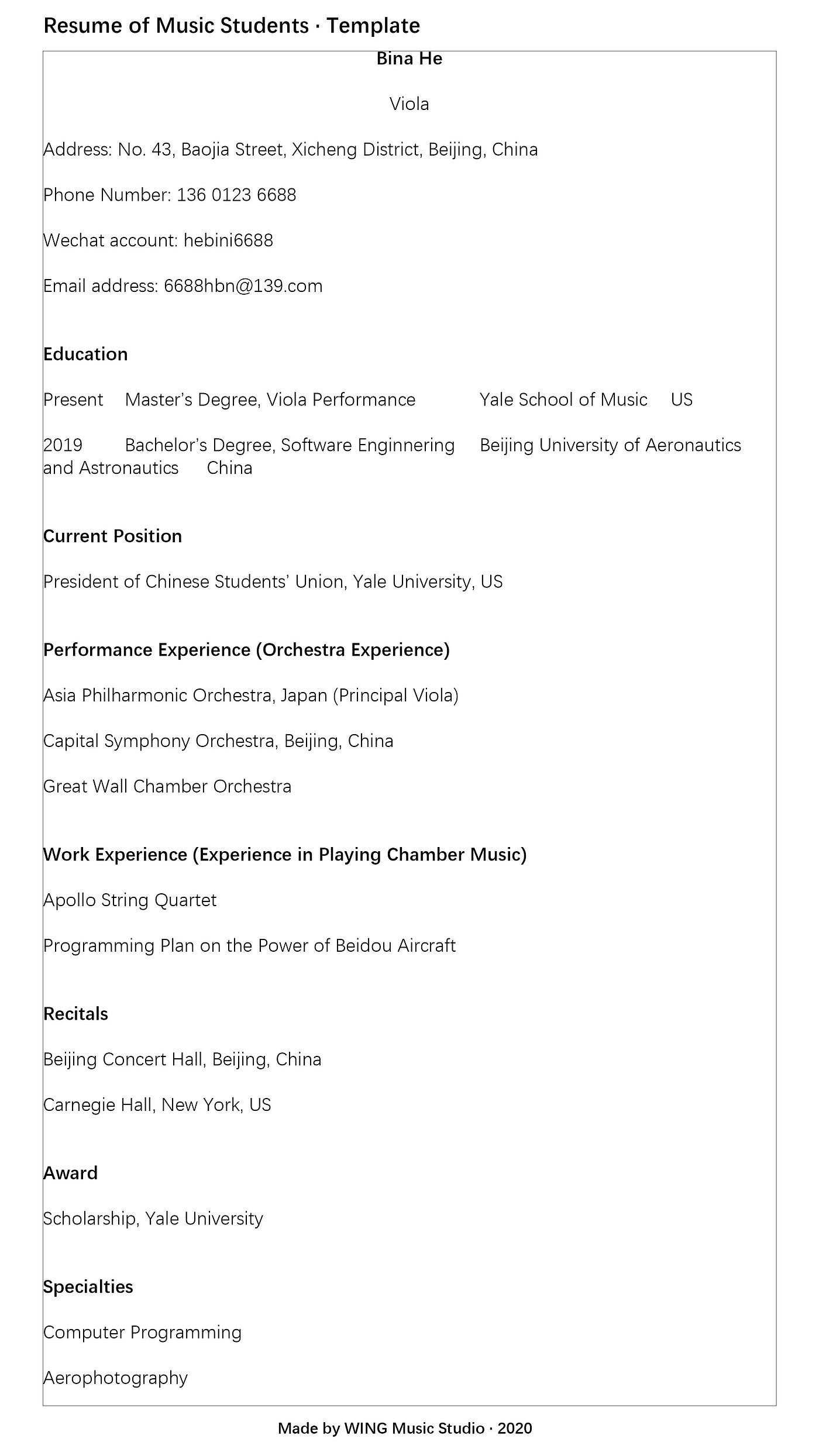
Interview
The interviews for the positions in the orchestra:
Master the prepared pieces, and listen to the recordings of the orchestra and the conductor for more times;
Perform according to the music score;
Female applicants are supposed not to wear high heels when taking the exams;
Practice sight-reading as much as possible (practice symphony works).
The interviews for the administrative positions:
Shake hands firmly with the interviewers, which can show your confidence and sincerity;
Arrive early;
Dress smartly;
Be polite;
Carry a pen and a notebook.
Who Need Agents?
The one who performs excellently;
The one who has played a certain number of works;
The one who has gained international awards, and his or her playing has been widely praised.
The performers mentioned above need agents to help them deal with some daily affairs, and contact concert organizers. The performers will share the revenues with their agents. The importance of agents cannot be ignored.
Recording
Recording is always important to the players, whether they participate in competitions or exams;
Bring two pieces of sheet music (one for the players themselves, the other one for the recordists);
Play without the sheet music while recording;
The players should carry the metronome and the tuner with themselves, which can help them improve the intonation and rhythm instantly;
Take a spare bow and spare strings;
Bring demos for the recordists’ reference.
Cover Letter
The cover letter is also very significant for finding jobs.
You need to show your intent in the first paragraph of the cover letter, and tell the employer that you are the most qualified candidate for the position. You should write clearly the reasons, and the first paragraph should be as short as possible.
Then, you need to make clear your career plans including what you intend to do next for the employer.
Finally, you need to conclude in a proper way. The concluding paragraph should be as concise as possible. Generally speaking, a cover letter is in 1 page including 4 paragraphs.
Cover letter template (the content included is fictional):
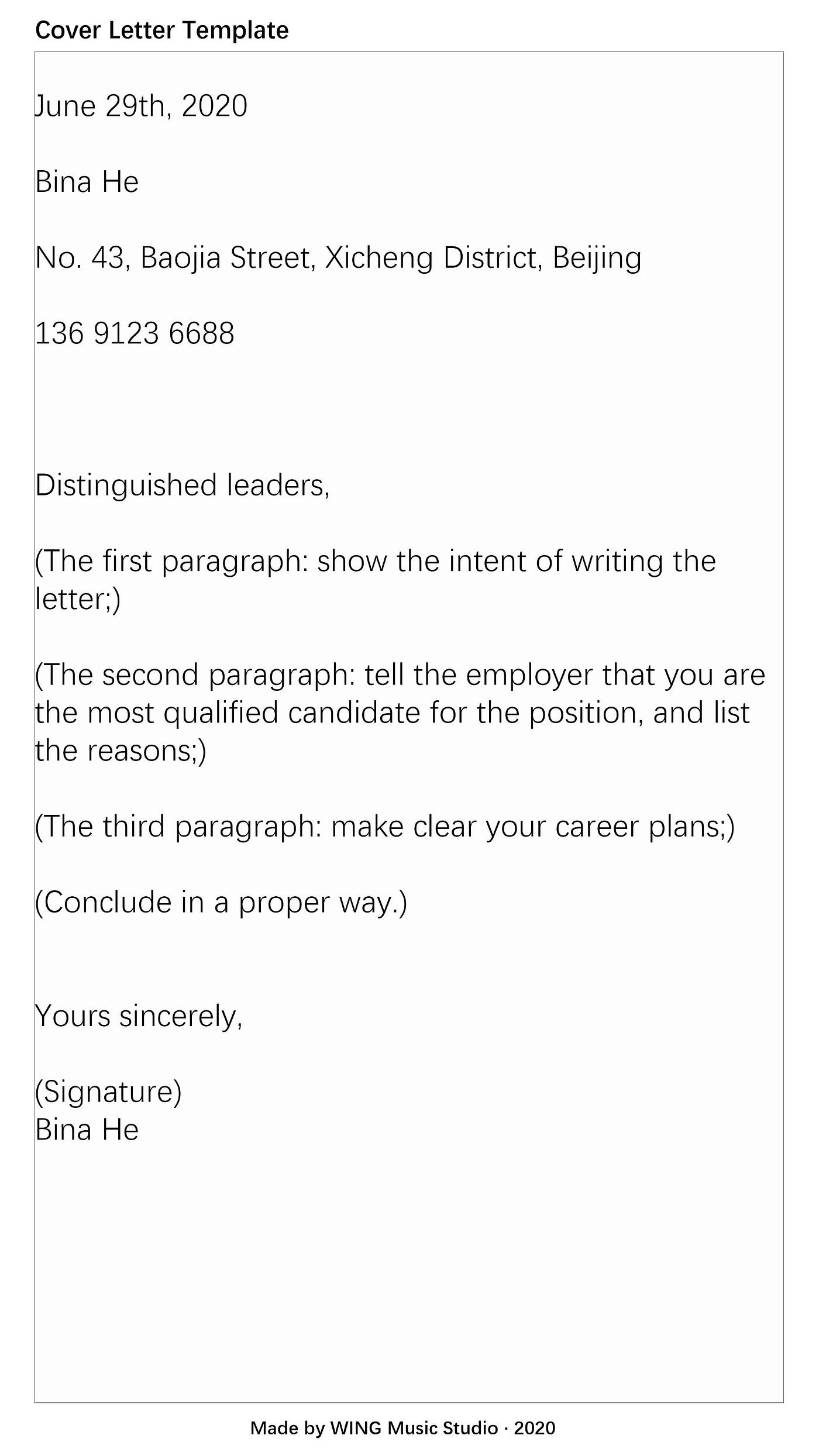
Have a HAPPY practice!!
All About Viola - Viola Teaching Class
All about Viola 1 | Tips about Enlightenment Teaching of Viola
All about Viola 2 | Basic Teaching of Viola
All about Viola 3 | Viola Bowing Techniques
All about Viola 4 | Movements of the Left Hand
All about Viola 5 | Viola Exercises for Beginners
All about Viola 6 | Common Viola Repertoire Catalog
All about Viola 7-8 | Music Learning and Career Choice
More Violy Master Class Articles:
Cello Master Class - Wu Linfeng
Violin Master Class - Wang Boyang
Violin Master Class - Gu YingLong
#ViolyPractice makes Perfect!!
Follow us on: Violy.app
